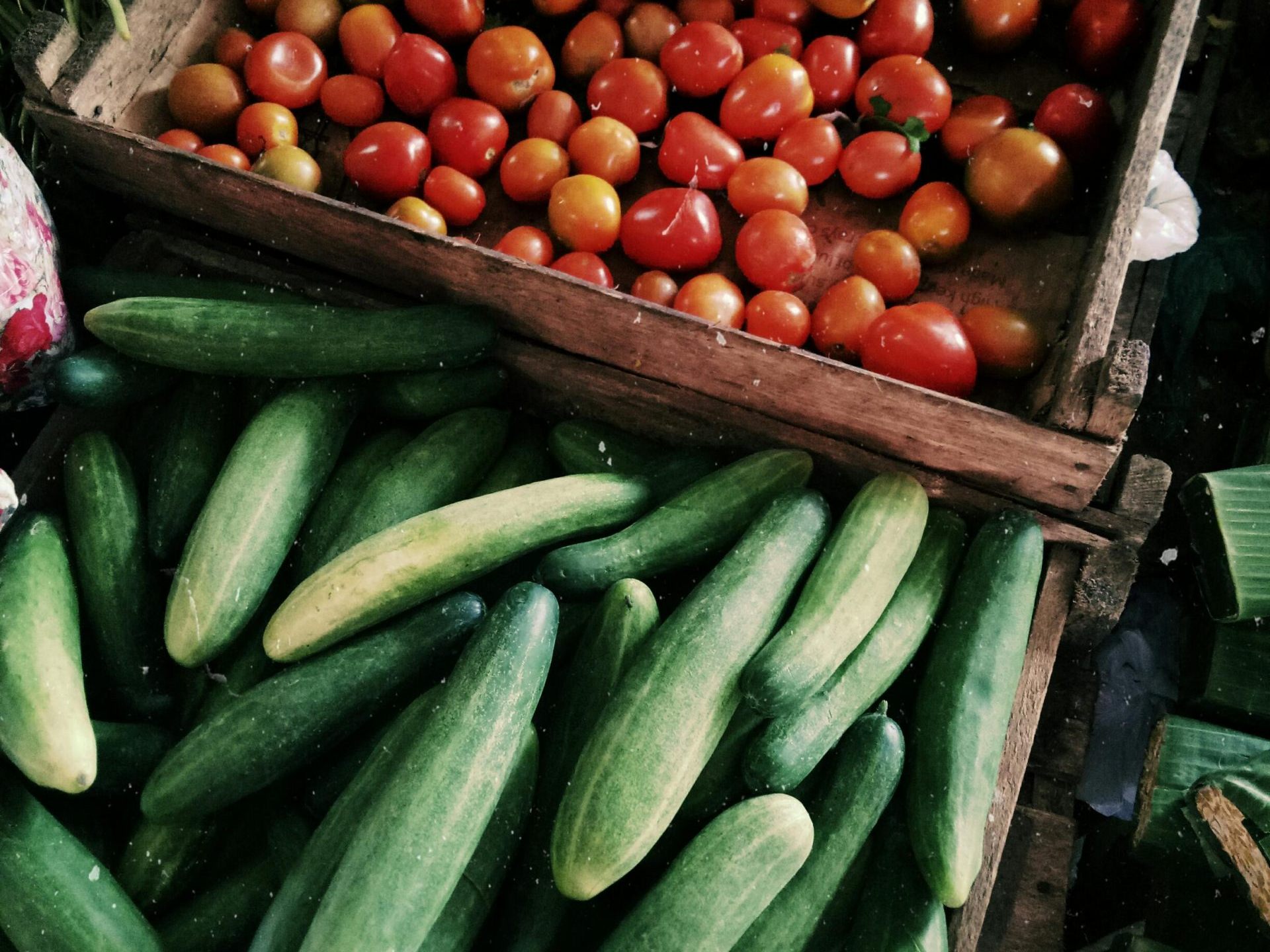Why Your Tomatoes and Cucumbers Are Enemies: The Secret Ethylene Trick for Longer Shelf Life!

This is exactly where the big problem lies: If you store tomatoes next to sensitive vegetables like cucumbers or lettuce, the tomatoes release their ethylene and cause your cucumbers to age and wilt in record time. The consumer center strongly warns against this combination. Experts therefore advise storing tomatoes completely separately, ideally even in a different room from the rest of your vegetables. This significantly extends the shelf life of ALL your food. And another hot tip: Tomatoes generally do not belong in the refrigerator. There, they not only lose their wonderful aroma but can also develop unsightly glassy spots.
The Ethylene Producers: Who Else is Involved
But it's not just tomatoes that are the ethylene stars. Apples and pears are also diligent gas producers. So if you store apples next to kiwis, don't be surprised if the kiwis soften faster than you'd like. The golden rule is: separate fruit and vegetable types that don't get along to maximize their lifespan.
The Brilliant Ethylene Trick: Ripen at the Push of a Button!
Now comes the twist: this ethylene gas is not just a nuisance but also a super life hack! Do you want to make unripe bananas, avocados, or kiwis ready to eat faster? Just add an apple or a pear. The ethylene from the ripe fruits accelerates the ripening process of your unripe treasures. This way, you have perfectly ripe fruits for your smoothie or snack in no time!
Save Money and Reduce Food Waste – It's Easy!
By following these simple storage rules, you not only do your wallet a favor but also the environment. Less spoiled food means less waste and more conscious shopping. This way, your favorite ingredients stay fresh longer, and you have to throw away less. A small trick with a big impact!
This article has been automatically translated, read the original article here.





